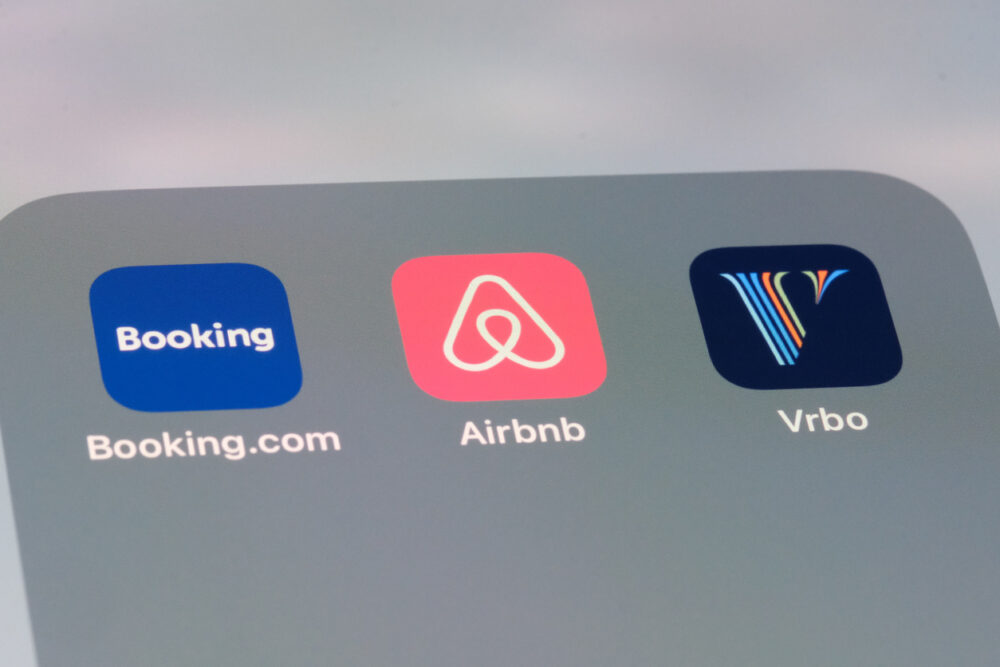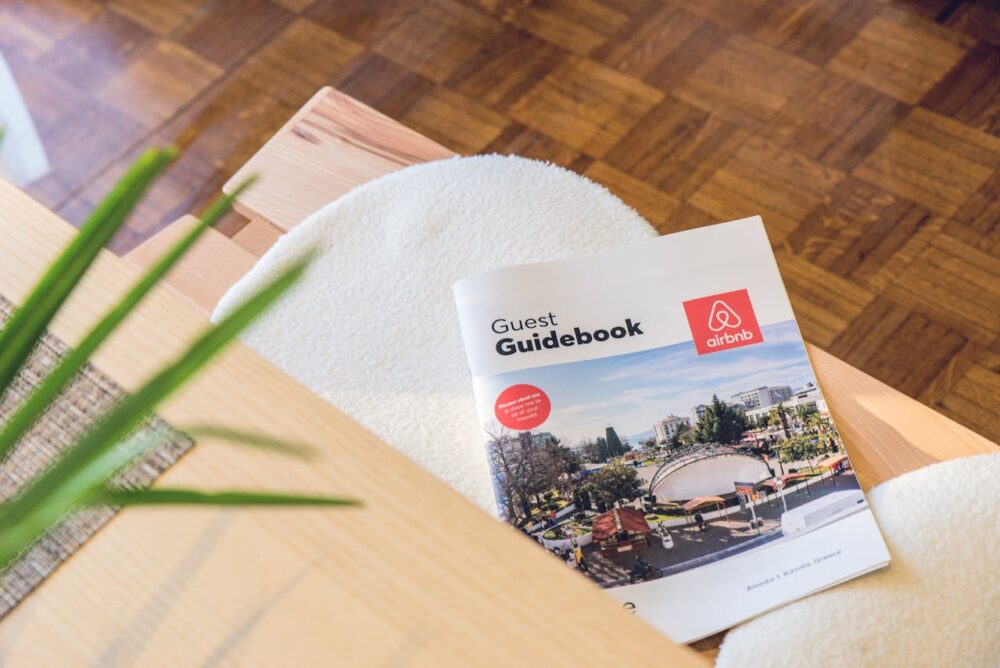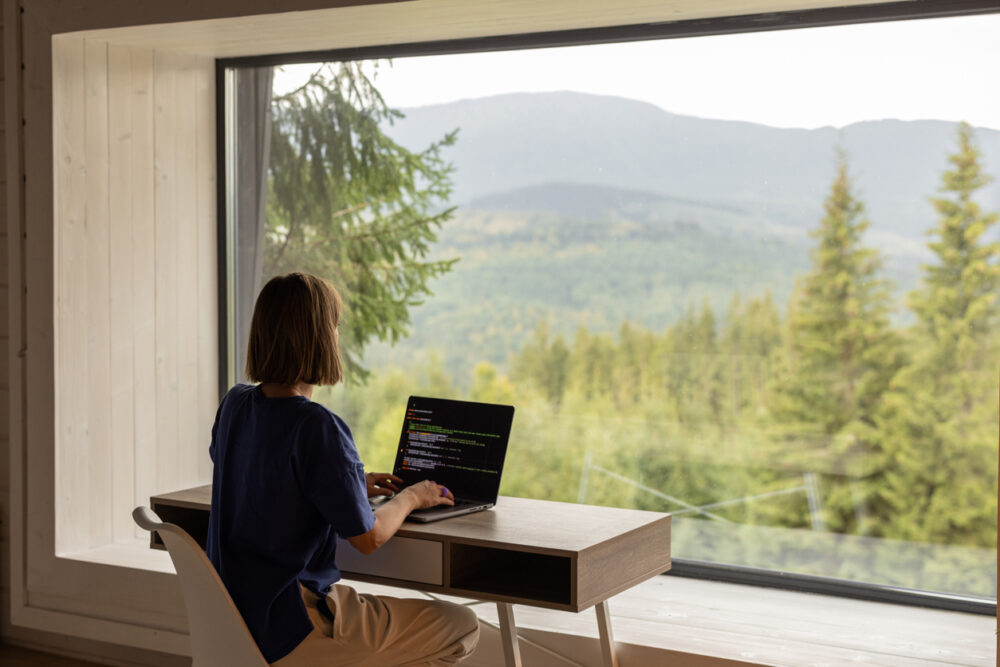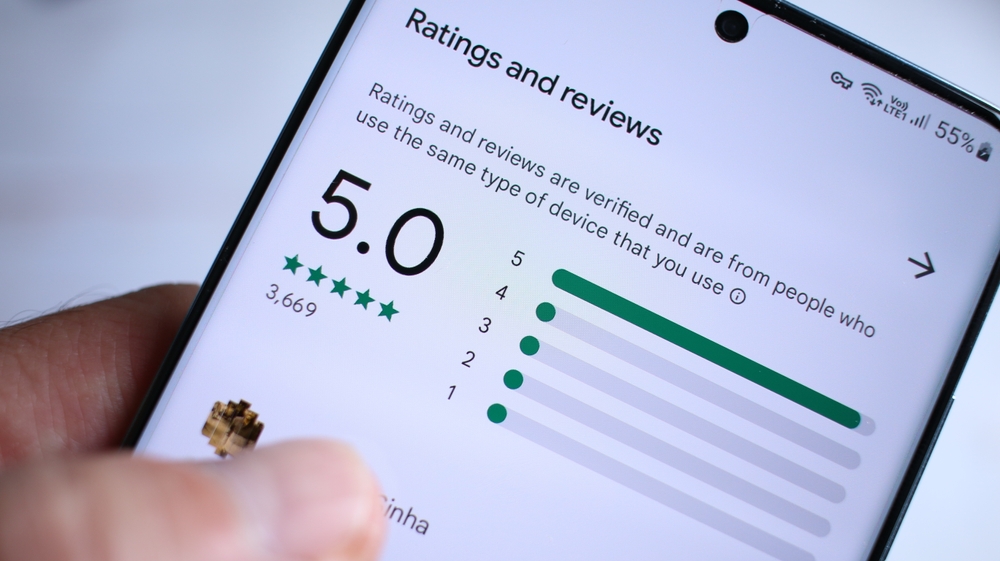The platform you know is getting a major overhaul.

The world of Airbnb is in a constant state of evolution, but 2025 is shaping up to be a year of significant transformation for the short-term rental giant. In response to years of feedback from both guests and hosts, and facing a patchwork of new regulations, the platform is rolling out a series of major changes. These aren’t just minor tweaks; they are fundamental shifts in how the platform operates.
These new policies will impact everything from how you book and pay to what is expected of you during your stay.
1. “All-in pricing” is now the law of the land.

In a massive win for transparency, Airbnb is now enforcing “all-in pricing” across its entire platform in the United States. The price you see on the initial search results page is now the total price you will pay, with all of the host’s fees, including the often-exorbitant cleaning fee, baked into the nightly rate. The only thing added at checkout will be Airbnb’s service fee and taxes, as stated in Airbnb Terms.
This eliminates the frustrating “drip pricing” tactic that would reveal a much higher total price only on the final booking screen. It makes it much easier for guests to compare the true cost of different listings, a change that hosts must now adapt to by being more competitive with their nightly rates.
2. The crackdown on “chore lists” is real.

One of the biggest complaints from guests in recent years has been the rise of the “chore list,” where hosts would ask them to perform a long list of cleaning tasks before checkout, despite also charging a high cleaning fee. Airbnb is now officially cracking down on this practice. New platform rules now state that hosts can only ask for a few, reasonable checkout tasks, such as throwing trash in the bin and turning off the lights.
Hosts who continue to ask guests to do things like strip the beds, run the dishwasher, or do a load of laundry will be penalized in the search rankings. This is a major shift that rebalances the expectations between hosts and guests, according to Hosthub.
3. A new, stricter policy on cameras.

Privacy has been a huge concern for guests, and Airbnb is responding with a much stricter and clearer policy on security cameras. While indoor cameras have long been banned, the new rules for 2025 require hosts to disclose the location of all outdoor cameras in a specific, designated section of the listing. A vague mention of “security cameras on property” is no longer sufficient, as mentioned at Touch Stay.
Hosts must now explicitly state if a camera is pointing at the front door, the backyard, or the pool area. Failure to disclose a camera’s location can result in the host being permanently removed from the platform, a move designed to give guests more peace of mind.
4. The rise of the “pro host” certification.

To combat the problem of inconsistent quality, Airbnb is introducing a new “Pro Host” certification program. This is a voluntary program where hosts who meet a higher set of standards for professionalism, cleanliness, and communication can earn a special badge on their listing. To qualify, hosts must maintain a very high rating, have a fast response time, and complete a new online hospitality training course.
This new badge is designed to help guests easily identify the most reliable and professional hosts on the platform, giving them more confidence when they book. It also creates a new incentive for hosts to provide a top-tier experience.
5. “Buy now, pay later” is fully integrated.

To make booking more accessible, especially for younger travelers, Airbnb has fully integrated “buy now, pay later” (BNPL) services like Klarna and Affirm into its checkout process. This allows guests to book a stay with a small initial payment and then pay off the rest of the cost in a series of installments over several months.
While this offers more flexibility for guests, it also encourages them to book more expensive properties and to take on debt for their vacation. It’s a major shift in the financial model of the platform, moving it closer to the retail world.
6. AI is now your first line of customer service.

When a problem arises, your first point of contact with Airbnb will now almost certainly be an advanced AI-powered chatbot, not a human. The company has invested heavily in a new AI customer service system that is designed to handle the vast majority of common guest and host issues, from booking changes to refund requests, without any human intervention.
While this promises to provide faster, 24/7 support, it also means that getting a complex or nuanced issue resolved by a real person is becoming much more difficult. This shift to an AI-first model is a major change in the customer support experience.
7. A new focus on monthly stays for remote workers.

With the “workcation” trend showing no signs of slowing down, Airbnb is making a major push to capture the long-term rental market. The platform has introduced a host of new features specifically for stays of 28 days or longer, including automatic monthly discounts set by the host and a new system for paying for long-term stays in monthly installments.
They have also added new search filters for “work-friendly” homes, which have been verified to have high-speed Wi-Fi and a dedicated workspace. This is a direct challenge to the traditional rental market, making it easier for digital nomads to find a home.
8. The review system is getting an overhaul to fight “review anxiety”.

Both guests and hosts have long complained about “review anxiety”—the fear of leaving an honest, negative review because they are worried about receiving a retaliatory one in return. To combat this, Airbnb is testing a new system where reviews will be more focused on a private, one-to-one feedback model between the host and the guest.
The public review will be simpler, perhaps just a star rating, while the detailed feedback about what could be improved will be shared privately. This is an attempt to encourage more honest feedback while reducing the public combativeness that can sometimes occur in the review section.
9. “Experiences” are being bundled with stays.

Airbnb is now strongly encouraging hosts to become local tour guides by bundling their “Experiences” directly with their property rental. You might now see a listing for an apartment that comes with a “package deal” that includes a cooking class with the host or a guided hike in a nearby park.
This is a push to make the Airbnb stay a more immersive and all-in-one travel experience, moving beyond just accommodation. It’s a new way for hosts to earn additional income and for guests to have a more unique and curated trip.
10. A crackdown on third-party property managers.

The platform is cracking down on the large, often anonymous property management companies that list hundreds of properties but provide impersonal and often poor service. New rules are being implemented that require a listing to have a named, individual host who is the primary point of contact for the guest, even if the property is managed by a larger company.
This is an attempt to bring the platform back to its roots of a more personal, host-led experience and to weed out the “ghost hosts” and corporate managers who have been a source of many guest complaints.
11. Stricter enforcement of local regulations.

As cities around the world, from New York to Florence, have implemented strict laws to limit the number of short-term rentals, Airbnb is now taking a more proactive role in enforcing these rules. The platform is now requiring hosts in many cities to provide a license number before they can list their property, and it is sharing more data with local governments to help them identify illegal listings.
For travelers, this means that the number of available Airbnbs in some popular cities may be shrinking, but it also means that the listings you do see are more likely to be legal and compliant with local laws.
